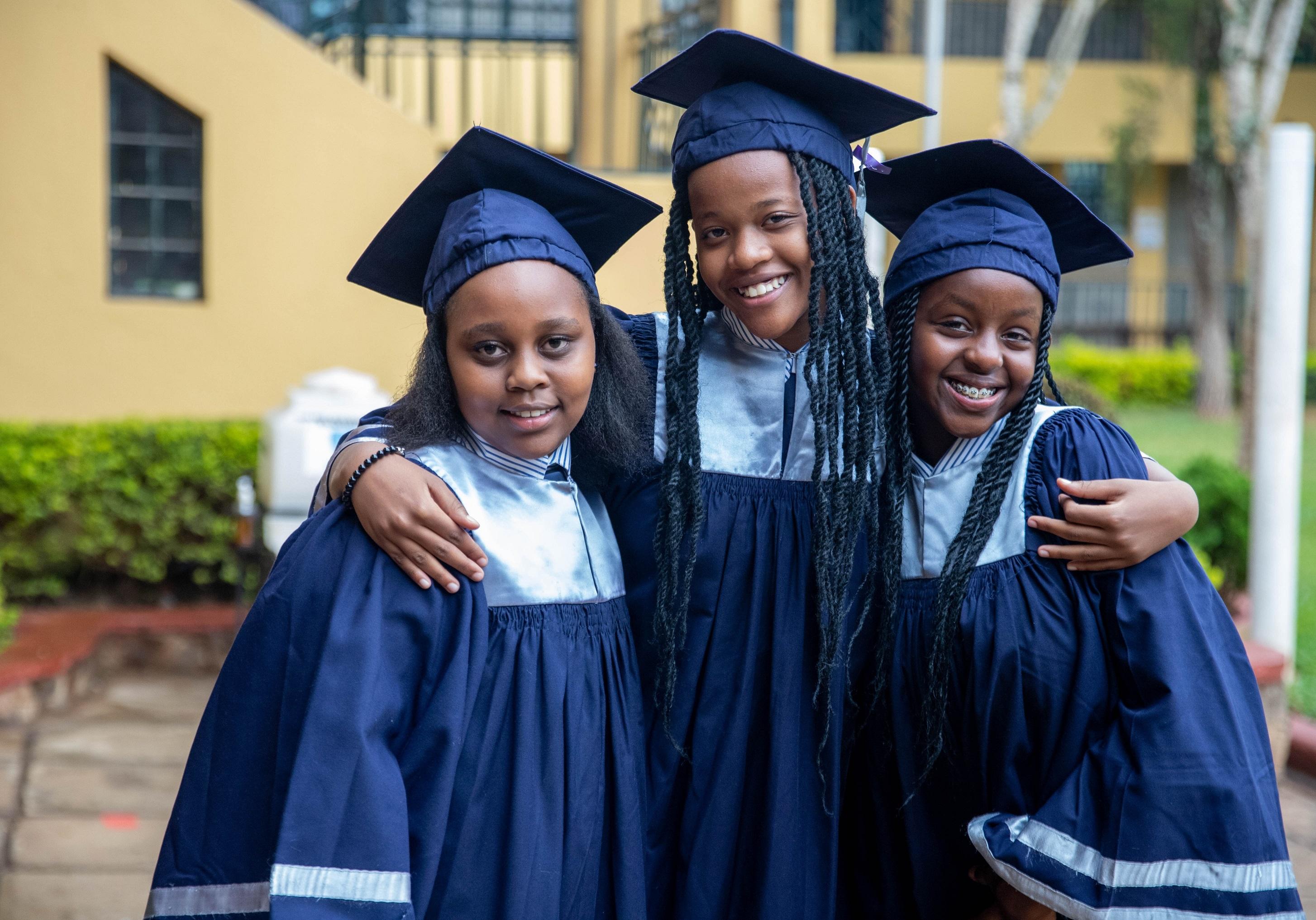- Home
- »Articles
- »Wellness
- »Mindfulness
- »Does Mindfulness help kids get better grades?



Does Mindfulness help kids get better grades?
7 July 2023
Mindfulness is the practice of centering your thoughts in order to focus on the present. A person practising mindfulness can therefore learn techniques to help reduce distraction, put things into perspective and control their emotions.
Being in the moment
Learning comes in different forms but one thing that connects them is the need to focus, which is central to mindfulness. Children practising mindfulness report that they can better listen to their teacher and focus on their reading. They can also apply themselves more thoroughly to solving problems and understanding deeper concepts.
Remaining cool, calm and collected
Mindfulness also teaches children to understand and control their emotions - a helpful skill for dealing with the pressure and panic of not understanding something. Mindfulness can help give children the strength of mind and resilience they need in order to keep trying. In studies, many children who achieve good grades also display what’s known as a “growth mindset” - an ability to understand that there is room to improve and change.
Mindfulness also leads to better behaviour. If children can control their emotions, they’re less susceptible to outbursts of negative behaviour, whether that’s anger, anxiety or worry. This helps by eliminating what usually follows from negative behaviour, for example missed lesson time, and allows them to direct their energy purposefully to their study. Research shows that children practising mindfulness miss fewer days of school and report feeling content and happy in their lessons.
Facing exams
The benefits of mindfulness apply not only to lessons. A key aspect of achieving good grades is to do well in exams, which themselves are potent sources of stress and anxiety. There’s a psychological battle to be had with sitting exams, with children often spiralling into anxiety as they sit exam after exam and begin to feel as though they aren’t prepared or don’t know enough. Mindfulness helps children approach their exams one step at a time, moving them out of a rut of bad thinking and into a way of being “in tune” with what they need to do in order to pass.
Ongoing changes to brains and how we learn - metacognition
Studies in both adults and adolescents show physical changes in the brain that seem to correlate with practising mindfulness. Changes to the amygdala, which is a part of the brain associated with stress, anxiety and depression, have been attributed to mindfulness. Research also suggests that mindfulness leads to a thickening of the cerebral cortex in areas of the brain associated with how we focus attention and handle emotion. After practising mindfulness for long enough, those to practise it report that it becomes second nature. Getting to this habitual stage of practising mindfulness helps children to naturally and easily take on new learning, which leads to better grades.
The future
The findings from a range of research studies have led to many schools leading daily mindfulness sessions. It’s not only secondary schools. Many primary schools recognise that by teaching the techniques of mindfulness they equip children with the tools to become resilient, self-directed learners who will stand a good chance of achieving their grades.
